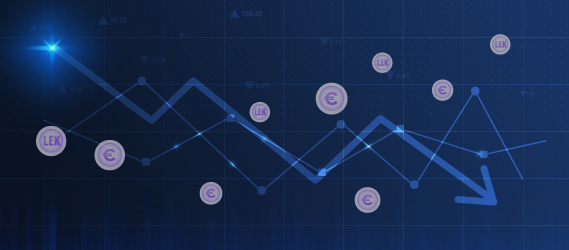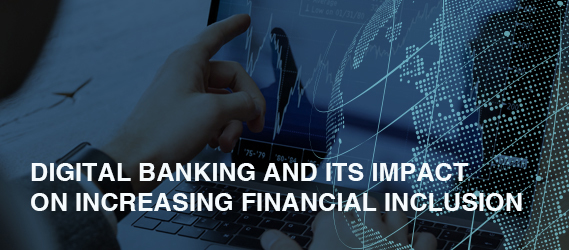
Consumer Protection through Financial Education
In the 21st century, being financially educated is a necessity for anyone, given the rapid and dynamic developments that this century brought both in the fields of economy and banking as well as in the field of technology. Financial education helps not only producers and investors make financially challenging decisions, but also consumers to manage their personal income. It is clear that mastering a level of financial knowledge would greatly affect our decisions regarding labor contracts, buying an apartment, property insurance, or investing in a pension fund.
Financial education is the process by which people improve meaning for financial products, services and concepts, so they are capable of making the right choices, avoiding what is provided and knowing where to go for help and take action to improve their current and future well-being (OECD, 2012, p. 13).
Below you will find some of the ways in which skills development through the financial education process affects consumer protection:
- Prevents the risk of overcoming the debt. Today credit (especially in the form of overdrafts and credit cards) helped by technological innovation has made it easier than in the past, offering the consumer not only a way of financing but also installment payment plans that go beyond his potential to cope with these debts;
- Well-management of personal income. Consumers will be able to draft personal budgets. In this way they not only program what part of their income they will spend and in what form, but also make a detailed savings plan for the future. Also, if the budget is implemented accurately, customers avoid unnecessary purchases resulting from tempting marketing offers;
- Prevents the risk of fraud. If consumers are not financially capable, they will not be able to choose the best alternatives for savings or proper investment for themselves. The development and sophistication of financial products has put consumers in the face of elections that go beyond merely comparing interest rates by making more complex choices such as choosing a type of pension fund or health insurance. At the same time, consumers may be at risk of fraud by unauthorized persons. Past experiences, even from our society, have shown to us that consumers with low financial knowledge are more likely to fall prey to fraudulent schemes. Well-informed consumers cope better with these challenges;
- Acquiring a Qualitative Product and Financial Service. When a consumer lacks financial education, he or she may not be able to articulate clearly his / her needs by serving it with unwanted products. If the level of financial education is increased, then providers would be able to develop more appropriate products and position themselves in the appropriate distribution channels; etc.
Nowadays, financial education undoubtedly represents a competitive advantage, which is a key element in exploiting the opportunities offered by the environment. Also, given the bitter experience of the recent crisis, it is worth noting that it was not coincidence that the most striking layer was the one with the lowest level of financial ability. Therefore, not only did researchers turn their attention to the study of this process, but there are concrete reactions and initiatives initiated by governments and institutions to increase the level of financial education.
Worked by: Monika Topi (Sinameta)


